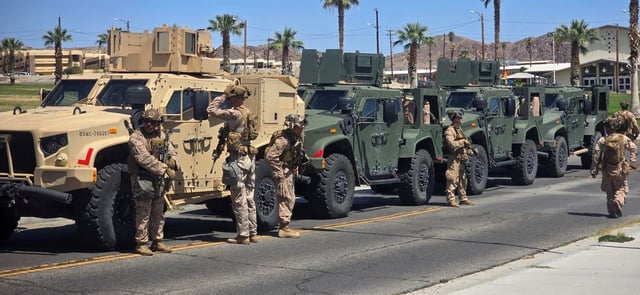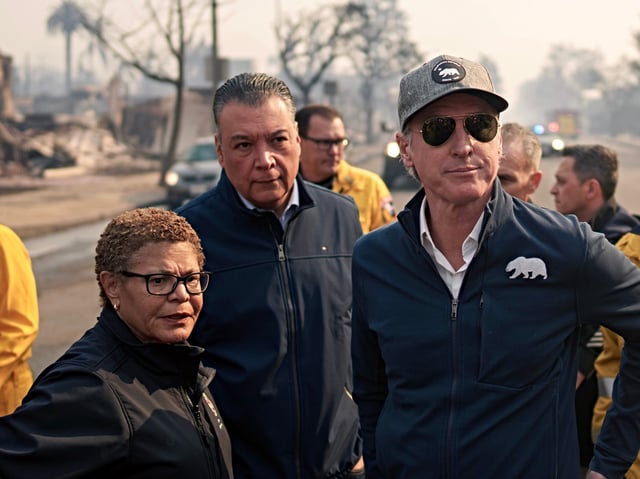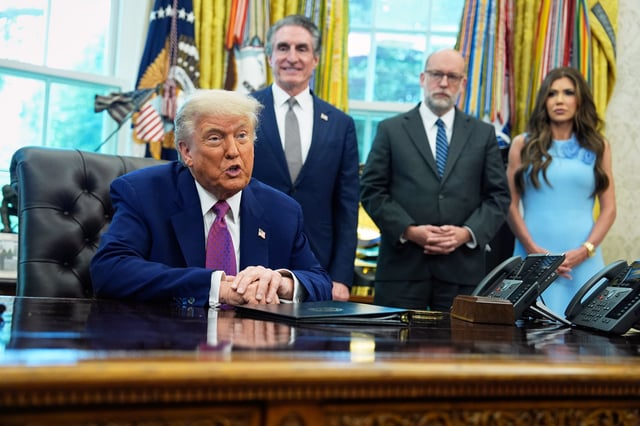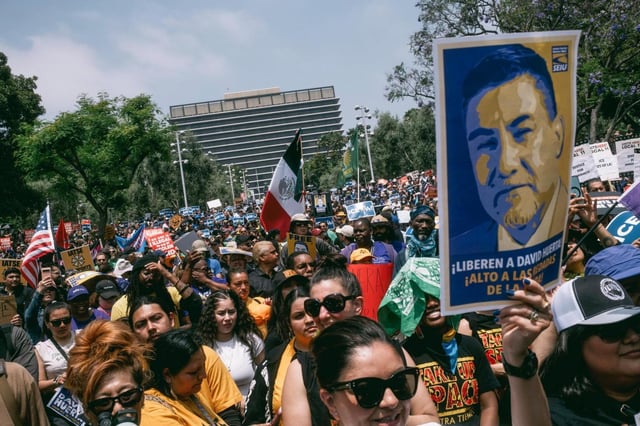Overview
- President Trump ordered about 4,700 service members—including approximately 4,000 National Guard troops and 700 Marines—to Los Angeles in response to demonstrations against stepped-up ICE raids
- California Attorney General Rob Bonta and Governor Gavin Newsom filed lawsuits arguing the federal activation oversteps presidential authority and violates state sovereignty
- Protests have been largely peaceful but saw sporadic clashes that prompted the LAPD to use tear gas and rubber bullets, resulting in dozens of arrests and incidents of vandalism
- DHS Secretary Kristi Noem requested Pentagon authority to detain or arrest “lawbreakers” under Title 18 and sought drone surveillance and logistical support, fueling speculation about invoking the Insurrection Act
- Local officials including Mayor Karen Bass warn that the military presence risks inflaming tensions and eroding civil liberties within immigrant communities



